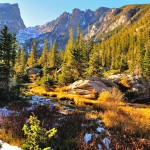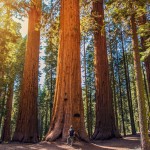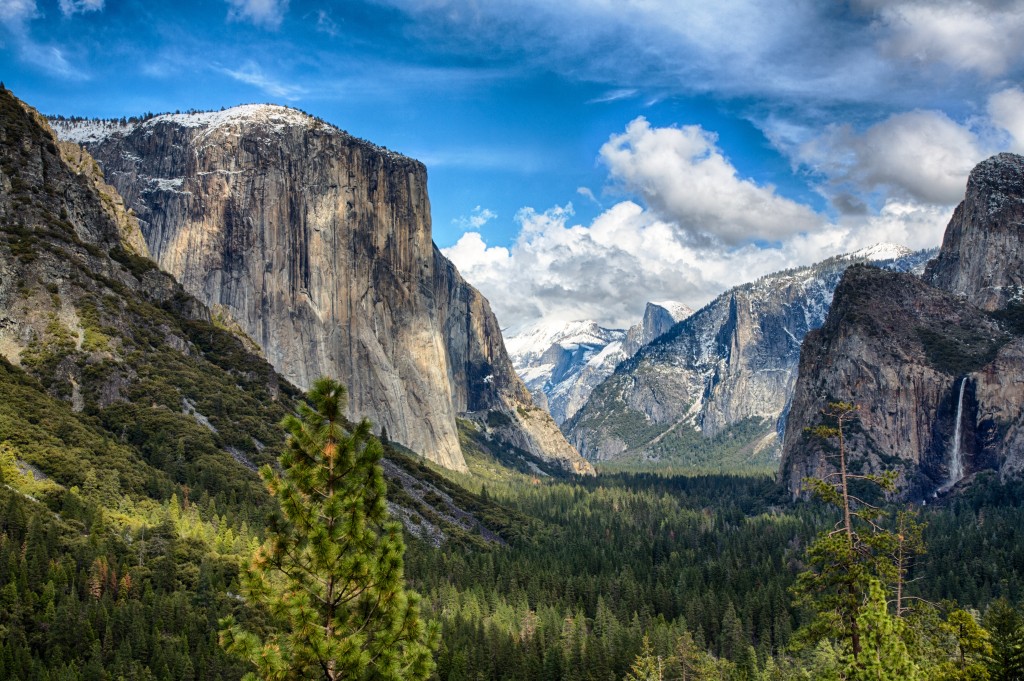The cargo hold of the rickety old DC-3 cargo plane must have smelled pretty bad as it sat on the tarmac at a Miami airport in January of 1993, but when you are making a deal to illegally export endangered primates to Mexico, there are a few inconveniences you have to put up with. The director of the Toluca Zoo, whose gorilla had just died, needed a new one desperately.
He’d called a guy he knew, a dealer in exotic animals in Miami who had come through with some questionable merchandise in the past. Sure, the dealer said. He could get a new gorilla, no problem.
What the zoo director didn’t know was that the dealer had already been busted for some of his questionable trades in the past. Now he was working as an informant, under the control of Special Agents working for the U.S. Fish and Wildlife Service.
The agents needed to get the director into the U.S. to make an arrest, but there was a problem: they didn’t actually have a gorilla to show him. The big primates were rare and surprisingly fragile. No one was going to loan one out for a dangerous sting operation with wildlife smugglers.
The agent in charge was quick on his feet, though. First, he got his informant to introduce him as a seller to the zoo director. Then he took the director to a real zoo in Miami, showed him their gorilla, and claimed it was the one he was selling.
But there was a problem. The zoo director wanted to take possession immediately. And there was no way the Miami zoo was going to let their gorilla out to set up a sting while the money changed hands at the airport.
They were, however, willing to loan out a cage. And a big pile of gorilla manure.
Both of which were stinking up the hold of the DC-3 as rain and lightning flickered on the tarmac outside.
The Mexican zoo director checked the large, black primate hooting in the cage and confirmed the wire transfer. And then jumped in fear as the gorilla began to open its own cage. The fear turned to outright disbelief as the gorilla pulled off its own head, revealing a hulking, blonde, human face, and took the director into custody. It was a USFWS Special Agent, dressed in a gorilla suit.
These are the lengths that USFWS Special Agents are willing to go to in order to bust wildlife smugglers.
What Does a Fish and Wildlife Special Agent Do?
Not many Special Agents go to work in gorilla costumes, but the job is a plainclothes detail that involves a lot of undercover work, so most agents don’t look like cops. But law enforcement is their job and their investigative skills are legendary in the fish and wildlife community.
There are the stories about agents setting up their own reptile dealerships to catch illegal snake importers (and getting multiple snakebites in the process), making undercover buys in pet stores and antique shops, nearly freezing to death on stakeouts, or posing as pigeon fanciers to infiltrate clubs of pigeon breeders engaged in vigilante killings of raptors that prey on their prized birds.
Multi-year investigations are the norm for USFWS agents. They take the long view in reducing illegal smuggling, turning some of their arrestees into informants in return for immunity, so they can trace the source of the wildlife back to its origins.
Special Agents are often called in by USFWS Wildlife Inspectors who have uncovered illegal shipments coming in over the border, or by state or federal Wildlife Officers who have uncovered evidence of complex or interstate poaching operations. Special Agents are essentially the detective force for United States land management police, diving into the long-term investigations and complicated cases that go beyond the scope of officers on the ground.
Wildlife Detectives Work In the Field and In the Office
Agents don’t spend all their time in the field sneaking around to bust bad guys. Undercover operations are usually only the culmination of a lot of painstaking investigative work. Special Agents are experts in the many laws that govern international wildlife exchanges, such as:
- African Elephant Conservation Act
- Endangered Species Act (ESA)
- Marine Mammal Protection Act
- Lacey Act
- Pelly Amendment
- Convention on International Trade in Endangered Species of Wild Fauna and Flora (CITES)
CITES is particularly important, as the main treaty governing foreign trade in wildlife and wildlife products. The treaty allows signatories to have their own particular concerns addressed by other participants—which is the only way to effectively enforce international trade.
Determining violations and crimes under the terms of all these overlapping and sometimes conflicting agreements and laws means a lot of paperwork and desk time, too. Special Agents have to research laws and work with federal attorneys and inspectors to evaluate the documentation behind a case.
They also develop a close working relationship with the USFWS Forensics Laboratory in Ashland, Oregon. The Forensics Lab is the only such facility in the world, capable of performing in-depth forensic analysis on wildlife DNA and crime scene evidence. This is particularly important for determining the provenance of certain animal products beyond a reasonable doubt, as with the 2017 case of a Montana man convicted of selling feathers from protected raptors. Visually, a feather can be doctored to appear to be from desirable species—which makes the case one of fraud, rather than violating endangered species protections. But DNA tells no lies and results in high conviction rates.
This also requires excellent relationships and coordination with foreign fish and wildlife protection agencies. In fact, some Special Agents are stationed at American embassies overseas to serve as liaisons to those agencies.
Special Agents also spend a lot of time working with other U.S. law enforcement agencies. Customs and Border Protection, the Forest Service, the Federal Bureau of Investigation, and various state fish and wildlife agencies all have to be on board to make big investigations happen.
How To Become a USFWS Special Agent
There are only 250 Special Agents in the Fish and Wildlife Service and as the varsity team for conservation officers in the United States, competition is fierce for every single open position.
The single largest qualifying factor is prior experience. Almost no one is hired as a Special Agent without putting in significant amounts of time—often ten years or more—in other game warden or wildlife inspector positions. USFWS Wildlife Inspectors and Wildlife Officers often harbor ambitions to become Special Agents, and their direct experience with the Fish and Wildlife Service, and working relationship with current inspectors, is a valuable asset when it comes time to apply.
Officially, a four-year degree in wildlife management or criminal justice is preferred, but experience can supersede that. In practice, successful candidates usually have both a degree and considerable experience.
There are stringent requirements for physical, medical, and psychological conditions. Applicants who make it past the initial interview can expect further screening in those areas.
The service typically hires classes of around 24 positions, to make training more efficient.
That training starts with a 20-week course at the Federal Law Enforcement Training Center (FLETC) in Glynco, Georgia. The basic criminal investigation course covers:
- Rules of evidence
- Electronic surveillance techniques and rules
- Firearms training
- Waterfowl and wildlife species identification
- Crime scene investigation
- Report writing
But the FLETC course is just the tip of the spear. After graduation, agents go on to a further 44-weeks of field training and evaluation. They work under the close supervision of current agents who serve as training officers who work to hone their investigative skills and master their knowledge of wildlife laws and enforcement procedures.
Learning the ropes under the watchful eyes of training officers, special agents gradually develop the expertise they need to work their own undercover cases.










